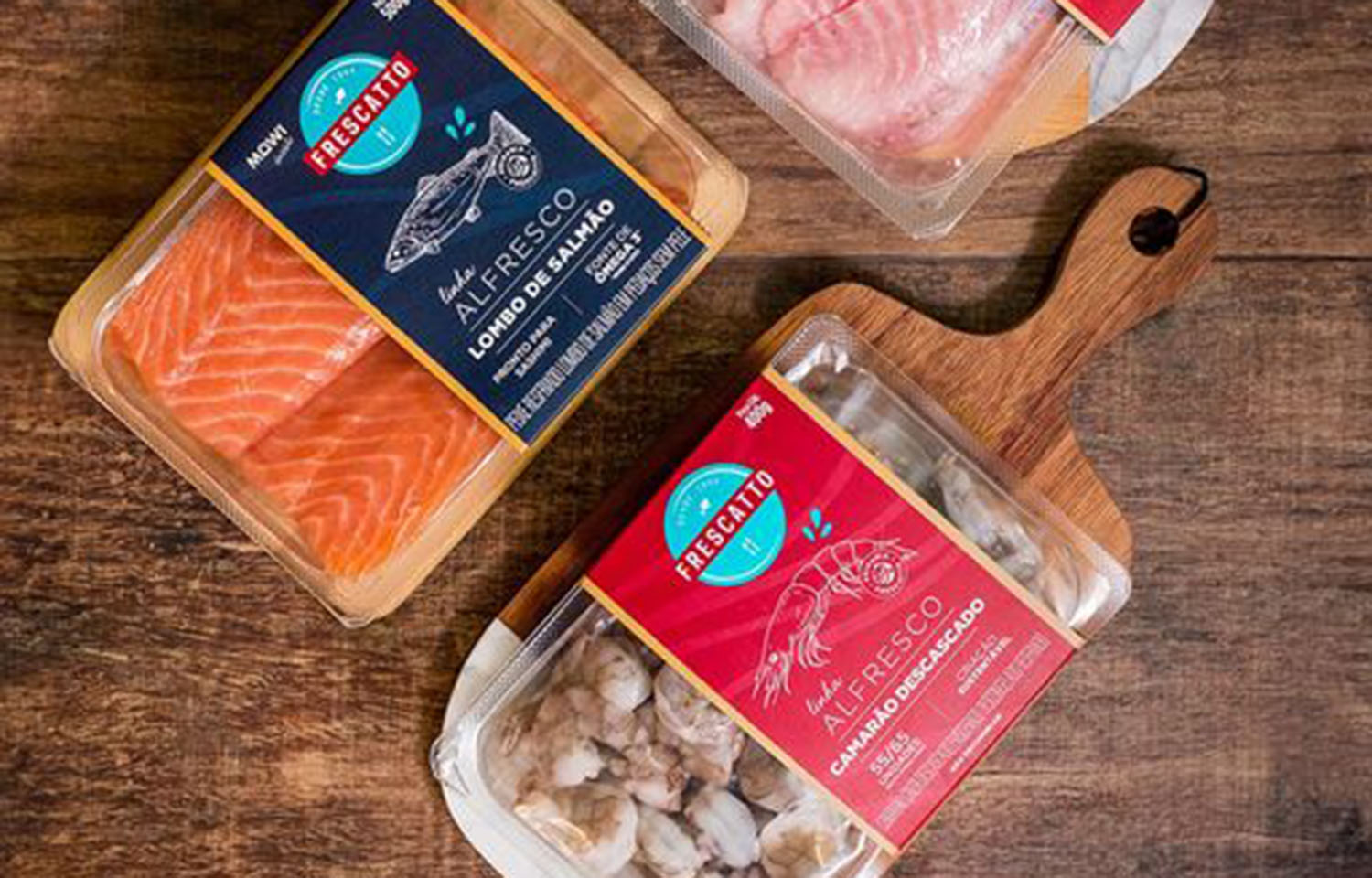Brazilian seafood firms Frescatto Company and Prime Seafood have merged, creating a company with more than BRL 1.6 billion (USD 320 million, EUR 294 million) in annual revenue and selling 32,000 metric tons (MT) of seafood.
The combined entity is aiming for a 25 percent boost in volume to 40,000 MT and sales of BRL 2 billion (USD 399 million, EUR 367 million) in 2024, as well as BRL 3 billion (USD 600 million, EUR 551 million) in sales in 2025, which would make it the largest seafood company in Latin America, according to Frescatto CEO Thiago De Luca.
“The gains will come from new businesses, not from cost savings. It is a merger of complementarity and synergy,” De Luca told Valor International.
The merger of Rio de Janeiro-based Frescatto and Recife-based Prime involved an exchange of shares and no cash, according to Valor. The company will operate under the Frescatto brand.
“We resolved the corporate issues quickly as we have a lot of conviction in this union,” De Luca told the Brazil Journal.
Frescatto, which specializes in Chilean salmon, tilapia, and vannamei shrimp, hauled in BRL 1.3 billion (USD 260 million, EUR 239 million) in revenue in 2023, mostly on sales of fresh fish to more than 12,500 customers nationwide, with a focus on foodservice establishments. It also operates the Alfresco retail line, which offers a range of seafood in modified atmosphere packaging.
De Luca said Frescatto aims to grow in Brazil’s domestic market by selling through Prime’s operation in Brazil’s north and northeast regions, and by increasing exports. Prime exported more than BRL 300 million (USD 60 million, EUR 55 million) of lobster, snapper, and yellow hake in 2023, primarily to China and the United States. Prime CEO Eduardo Lobo said the company’s total exports will reached 4,000 MT in 2024, valued at BRL 350 million (USD 70 million, EUR 64 million) in 2024.
Post-acquisition, Lobo will move from the CEO position at Prime to an executive role and a seat on Frescatto’s board of directors.
Frescatto is taking over Prime’s supplier network of artisanal fishermen and production facilities in Bahia, Pernambuco, and Pará, and hopes to grow its supplier base by 20 percent, according to De Luca.
Frescatto operates a processing facility in Rio de Janeiro state and distribution centers in São Paulo, Brasília, Contagem, and Recife. It previously announced it would spend BRL 60 million (USD 12 million, EUR 11 million) to expand its Rio de Janeiro plant and BRL 10 million (USD 2 million, EUR 1.8 million) to expand its São Paulo distribution center.
De Luca, who represents the third generation of his family to run Frescatto, which was founded in 1945, said he is hunting for other acquisitions and is also considering an initial public offering.
“Our goal is to carry out a verticalization of the segment. An IPO is the way of being a catalyst for this process,” he said.
De Luca said initial talks with Lobo about a potential merger began in 2015 after the pair founded ABIPESCA, a trade association representing Brazil’s fishing industry. He said their work in promoting Brazil’s seafood sector continues as it faces struggles with a lack of clear and fair regulations. De Luca also cited high prices as a barrier the industry is pushing to combat.
Brazil’s seafood industry is also pushing to address European Union concerns about inadequate food safety standard enforcement in the country’s seafood industry, which led the E.U. to ban all Brazilian seafood products in 2018. De Luca said he’s optimistic about having the ban rescinded soon.
“Discussions are progressing to overcome barriers this year,” he said.
De Luca said Brazil’s domestic market has ample potential as well, with annual seafood consumption far below the 20.5-kilogram global per capita average at less than 11 kilograms per capita.
“Nothing is stronger than starting with children and including quality fish in their diet, at more affordable prices,” De Luca said.








